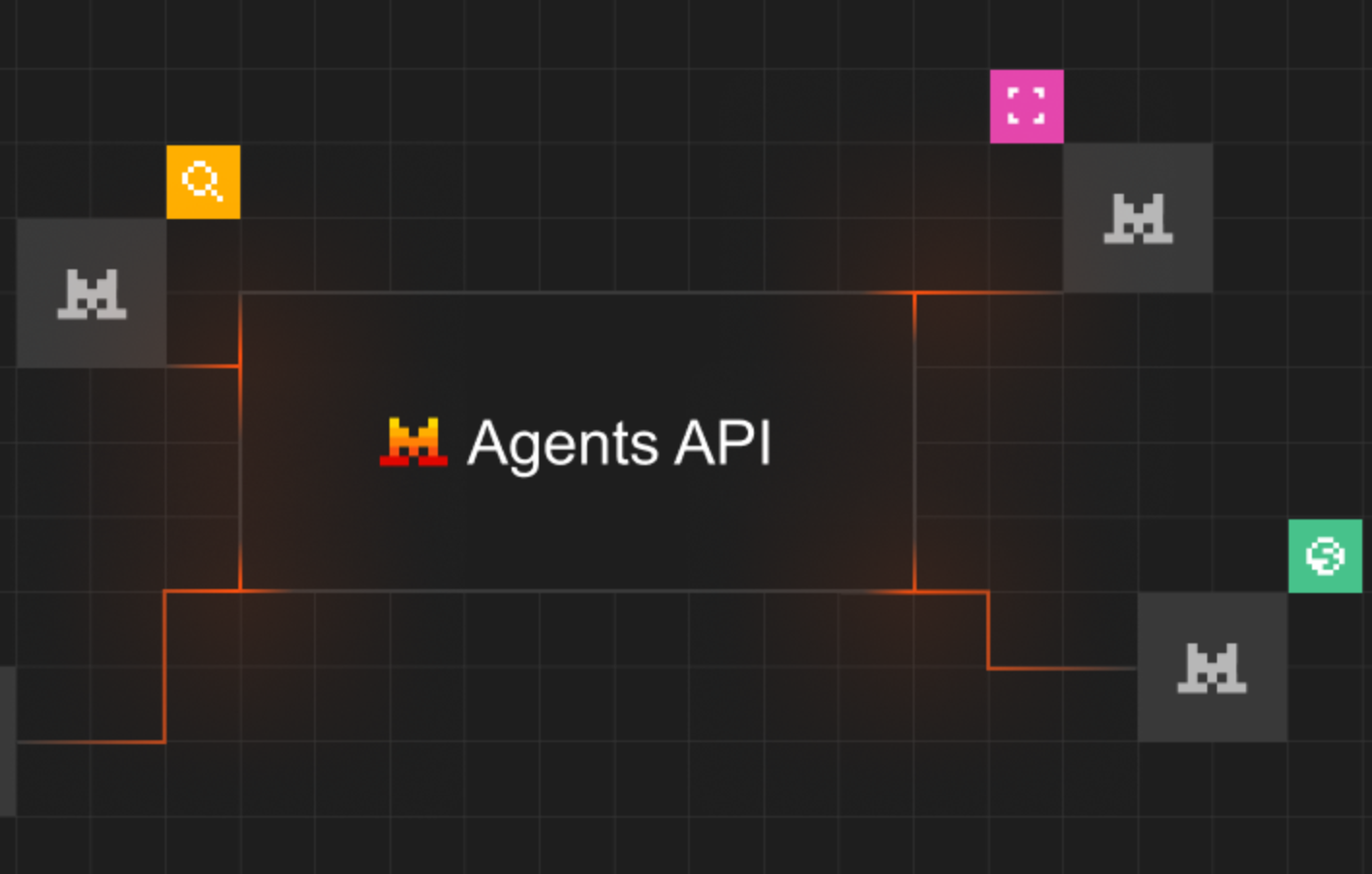Read full article about: Meta is splitting its AI department into AI Products and AGI Foundations to speed up development
Meta is splitting its AI department into two groups: "AI Products" led by Connor Hayes, focused on the Meta AI Assistant and features inside Facebook, Instagram, and WhatsApp, and "AGI Foundations" led by Ahmad Al-Dahle and Amir Frenkel, working on Llama models and advanced reasoning and multimedia models. FAIR, Meta's AI research lab, will continue, though one multimedia team is moving under the new structure. Meta says the change should accelerate product development and give teams more freedom. No layoffs are planned.
The reorganization comes as Meta faces strong competition from Deepseek in open-source models. Llama 4 has not met performance expectations, and its largest version has been delayed.
Read full article about: Claude 4 can apparently follow a 60,000-character system prompt
The full system prompt for Claude 4 has been leaked by X user "Pliny the Liberator" and is now available on GitHub. The document, over 60,000 characters long, sets detailed rules for tone, roles, source handling, and banned content. It controls the model at the system level, before any user prompt is processed. I find it strange that large language models often fail to follow short user instructions, yet seem able to follow complex internal prompts like this one. If you know the reason for that, shoot me an email.
Read full article about: Nvidia will reportedly release a lower-cost Blackwell AI chip for China in June
Nvidia will launch a cheaper AI chip for China in June, Reuters reports. The new GPU, based on Blackwell architecture and the RTX Pro 6000D design, is expected to cost $6,500 to $8,000—less than the $10,000 to $12,000 H20 model. Three people familiar with the plan said the chip avoids advanced packaging from TSMC and uses standard GDDR7 memory, making it easier to produce. The move is a response to U.S. export rules that limit the sale of high-end chips to China.






